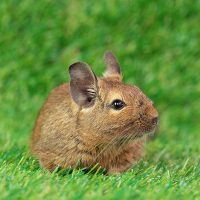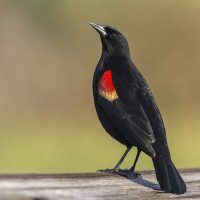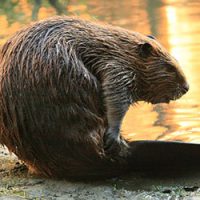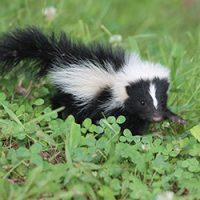Seattle Wildlife Removal
Wildlife problem? Let us take care of it
Wildlife We Remove in Seattle, WA
Located in the Puget Trough ecoregion, over half of Washington‘s population is located in Greater Seattle. The ecoregion has three types of habitats riparian, oak woodland, and prairies.
The area is also home to a multitude of Washington wildlife — 74 species of mammals, 29 species of reptiles and amphibians, and 163 types of birds. Some of these animal populations have adapted to the urban and suburban environment.
Common Wildlife
Other Wildlife
Seattle Wildlife Removal Services
A nuisance wildlife problem in your home or property can cause significant issues. Animals in your home impact your quality of life, damage your house, and potentially spread parasites and diseases.
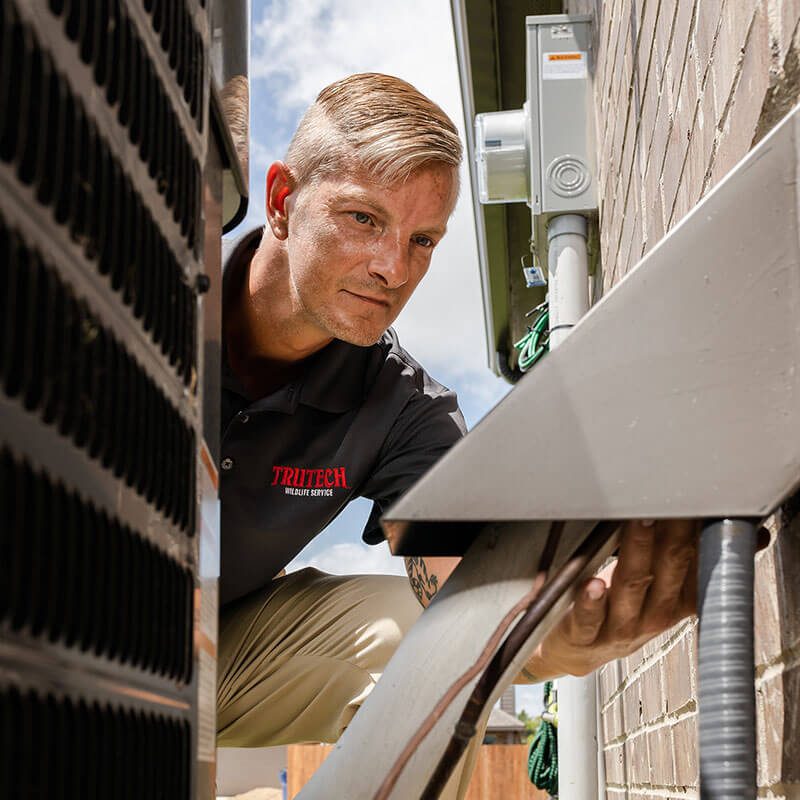
Wildlife problem? Let us take care of it
Common Wildlife in Seattle
Raccoon
Raccoons will eat just about anything, but raccoons in Seattle are especially fond of creatures in water such as clams, crayfish, frogs, fish, and snails.
Attics and chimneys make ideal den sites raccoons. Typically, raccoons move den sites every few days. The only time raccoons will stay in one den for any length of time is if a female is young or cold outside.
The breeding season occurs as early as January to as late as June but the peak is March to April. Kits remain in the den for about seven weeks. If you ignore the family raccoon in your attic, you could have an infestation for up to two or three months.
Raccoons can wreak havoc trying to gain entry to your home and cause significant damage creating a den in your attic. They can cause a mess of garbage and destroy home gardens and birdfeeders. Because they are nocturnal, you’ll most likely hear a loud thumbing at night if you have an attic.
Squirrel
The preferred nesting site for a tree squirrel is in hollow trees, abandoned woodpecker cavities, and similar hollows. Attics and wall cavities mimic those naturally occurring nest sites.
The most common tree squirrels produce two litters of two to four young a year. First little born from March to June. The second litter born in August or September. So if you hear strange noises in your attic early in the morning at the beginning or end of summer, it is likely a family of squirrels.
The most common species in Seattle homes are the Eastern Gray Squirrel, The Eastern Fox Squirrel, and the Douglas Squirrel. The Western Gray Squirrel and Northern Flying Squirrel are much less likely to be in your attic.
Squirrels constantly gnaw and if they’re in your attic they will gnaw and chew support beams, pipes, and wires.
Squirrels are excellent climbers and superb leapers. We will prevent them from getting on your home. Because Eastern gray and fox squirrels chew open baseball size holes, we use rodent-proof materials to keep them out.
Bat
There are fifteen species of bats found in Washington; all of them are insectivores. The little brown bat, Yuma myotis, big brown bat, pallid bat, and California myotis are the most likely bat to be in your home. If you see a bat outside your home, that’s great. Bats are incredibly beneficial to humans. A nursing female little brown bat may consume her body weight in insects each night during the summer.
If you have a bat in your home, do not touch it.
State wildlife offices do not provide bat control services.
Migratory bats might temporarily roost around your house. Your main concern should be if a maternity colony roosts in your attic. The accumulations of guano can weaken the attic structure. Spores from a fungus that grows in guano can lead to histoplasmosis.
The most effective and most humane way to remove bats from your attic is with an exclusion service. Once all pups can fly, we will seal all potential entry points and install a one-way valve. Bats can fly out but cannot return.
Who We Are
When you encounter unwanted wildlife in your home or business it is important to resolve the problem quickly and professionally. At Trutech®, our expert technicians and specialists have over 100 years of combined experience in the wildlife removal industry.
We know how to protect you and your family from the hazards of wildlife in your home or place of business.
Wildlife problem? Let us take care of it


Frequently Asked Questions
There is no one-size-fits-all solution; each job requires a custom approach. We inspect every home and build a custom plan to resolve any wildlife problems. We use a variety of techniques including cage traps, direct capture, one-way valves, and deterrents. Exclusion techniques are the most effective way to get rid of animals.
We provide customized solutions to each individual customer so that we may solve the issue as quickly, efficiently, and cost-effectively as possible. The size of the house, type of animal, number of nuisance animals, and length of time of infestation affect the estimated price of wildlife removal.
An estimate may change based on the amount of animal activity or work needed to be done. All estimates are finalized with an exact price before any work begins.
Our goal is to remove any wildlife as humanely as possible — often that means catching and releasing the animal.
Trutech® does not hire subcontractors for animal removal services. We employ expert technicians who are provided ongoing education and training in all aspects of animal control and removal. Many of our technicians hold degrees in Wildlife Biology, Entomology (insects), Ornithology (birds) or Herpetology (reptiles), some with Masters degrees in their specialty field.
Yes! We are licensed and insured.
We start by first removing the wildlife on your property, and cleaning up any damage. From there we’ll work with you to create a customized prevention plan so you won’t have the same issue again.
Typically an animal dies in your home because it became trapped in a hard-to-reach and hidden area. Our expert technicians have the experience and knowledge to find it and then safely remove the carcass from your home.
Our Wildlife Technicians use a pet-safe odor eliminator made of natural organisms and enzymes that consume decaying organic odor-causing matter, eliminating the source of the lingering odor. We use aerosols, oxidizing agents, foggers, and disinfectants with germicides to deodorize until nature completes this task for you.
You should consider a full home exclusion after the smell has been neutralized. Nuisance wildlife found its way into your house once. That entrance leaves your home vulnerable to future animal infestations. Full home exclusions are the most effective form of wildlife control.


